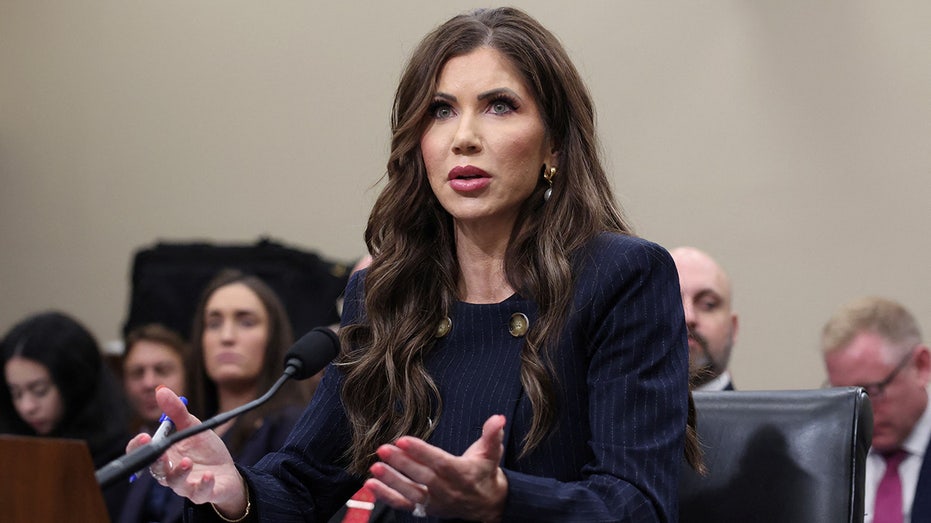DHS Ends Controversial Airport Watchlist Program Amid Weaponization Concerns
Homeland Security terminates $200 million Quiet Skies surveillance program amid concerns over political weaponization.

The Department of Homeland Security (DHS) has announced the termination of the Quiet Skies program, a covert initiative that subjected certain American travelers to enhanced screening at airport security checkpoints. The decision brings an end to a program that, according to DHS officials, cost taxpayers approximately $200 million annually and was vulnerable to political manipulation.
DHS described the Quiet Skies program as an effort originally launched in 2010 to identify potential terrorist threats through additional surveillance and screening tactics. However, the department now concedes that the initiative did not prevent any terror attacks during its operation. Officials revealed that the program maintained an extensive watchlist, as well as a separate list of individuals exempt from heightened scrutiny—categories that reportedly included foreign royalty, political elites, professional athletes, and favored journalists.
In a strongly worded statement, DHS Secretary Kristi Noem pointed to abuses within Quiet Skies, claiming it was "weaponized against political foes and exploited to benefit their well-heeled friends." Noem called for a Congressional investigation to further examine what she characterized as corruption undermining both the security and rights of Americans. She emphasized, "The Trump Administration will return TSA to its true mission of being laser-focused on the safety and security of the traveling public," pledging to restore integrity, privacy, and equal treatment under the law.
The program drew increasing scrutiny and criticism from civil liberties groups, lawmakers from both parties, and privacy advocates over the years. Civil rights organizations questioned the legitimacy and transparency of the surveillance, with critics highlighting the lack of clear evidence supporting its effectiveness. In 2018, the American Civil Liberties Union (ACLU) demanded more transparency from the Transportation Security Administration, warning that “covert surveillance of travelers” raised serious concerns about privacy, due process, and government overreach. Attorneys representing the ACLU warned that travel surveillance programs could rely on unreliable or unscientific methods such as behavioral detection, potentially targeting innocent Americans without due process.
Controversy also arose from revelations that certain high-profile individuals benefited from exemptions or interventions. DHS cited the case of William Shaheen, husband of New Hampshire Democratic Senator Jeanne Shaheen, who was reportedly removed from the watchlist after direct outreach to former TSA leadership during the Biden administration. According to DHS, Shaheen had "traveled with a known or suspected terrorist" on three occasions, though his removal from the list reportedly followed difficulties he experienced with airline security. Senator Shaheen’s office acknowledged contacting the TSA on her husband's behalf regarding intense security scrutiny but maintained that she was unaware of any specific lists impacting him.
Further scrutiny fell on the program when it emerged that figures like former Congresswoman Tulsi Gabbard had at times been placed on the so-called Silent Partner Quiet Skies list, raising questions about politically motivated targeting. Calls for greater oversight have intensified as lawmakers and activists allege misuse of federal air marshal surveillance against political adversaries and critics of current or former administrations.
While DHS insists that essential aviation security functions will be preserved, the agency is moving to dismantle mechanisms that may have enabled selective enforcement or preferential treatment. The end of Quiet Skies marks a significant shift in policy, with DHS officials vowing to implement more transparent, accountable, and equitable practices for screening travelers while maintaining a strong commitment to national security.




